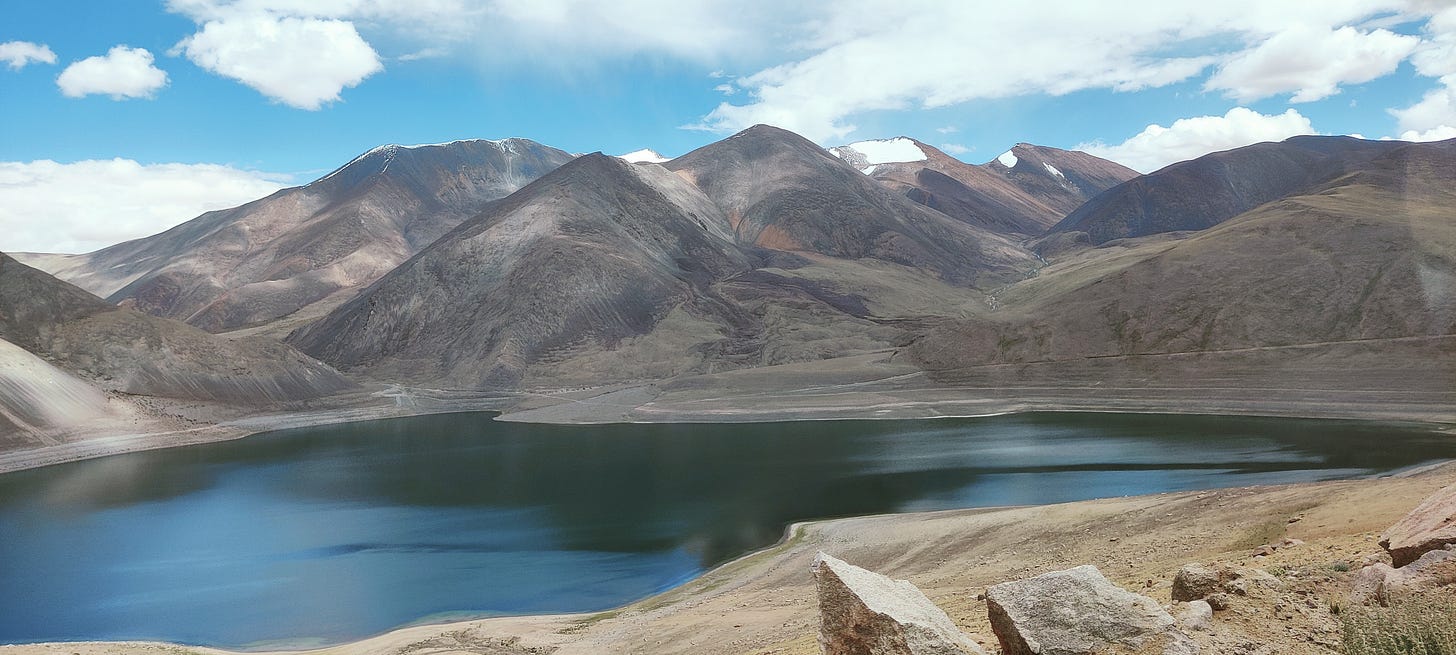A failing world order: Why decisions made at the global high table needs a relook
So long as decisions benefitting only a few keeps taking precedence over discussions around making the world a better place, it will keep keep teetering from the edge of one global disaster to another
Business interests. Geopolitical posturing. Economic growth. These are just some factors today that determine how countries, particularly the ones we like to call superpowers, interact and deal with each other.
Sample this: If you give me your rare earth minerals, I will keep supporting you in a war that you cannot win. Oh, there is a problematic bunch of people living on a disputed piece of land. Let us throw them out and build a ‘beautiful’ resort there.
These are some recent examples of the transactional nature of conversations and decisions that dominate our world order. Be that as it may, but who is the most impacted by them? Surely not the leaders taking these decisions.
They are far removed from it. All they must do is read reports, get briefed and decide what is in the best interest of the population they lead. And who cares if they go wrong?
No! The real impact of these decisions is felt by the teeming masses of people. Whose monthly budget might go haywire because they must pay more for motor fuel. Or pay through their nose to keep their houses warm during winters. Or, whose future might look uncertain because the country they chose to pursue their higher studies in, suddenly stops giving out visas.
These headline-defining decisions, which smell of rank brinkmanship that consistently keep the world on the precipice of another global disaster, are not restricted to the spheres of war and conflict.
Even economic problems of a global scale that can be resolved with decisions taken after deep research and long, hard discussions at the relevant forums, are vitiated due to one-upmanship, interests of maintaining global hegemony, or furthering multi-national corporations’ profit motive.
Forget conversations, even the institutions built to discuss and resolve them have been hollowed out, rendering them incapable of withstanding the onslaught of these interests and pressures.
Some examples are the largely defunct World Trade Organisation, a lame duck United Nations, and its even more laughable part, the United Nations Security Council, along with the World Health Organization, among other such global forums.
Then there are billionaires talking about redirecting resources to colonise Mars to distract us from these worldly problems.
What’s more, there’s a concerted global effort underway to make these discussions and decisions even more exclusionary and opaque at the global high table.
The result of such a paradigm? Economic growth slowing. Nation states failing. Administration and governance in the doldrums. And people constantly living under the shadow of another World War or economic ruin.
So, what is the need to course-correct?
First, the world is a very different place from where it was a few decades or even years ago. Today, it is a far more interlinked place. And the global economy, even more so. A country or cartel deciding to stop or reduce the exports of minerals or fuels to another country can have a cascading effect on the lives and livelihoods of people in another part of the globe.
A mass shooting or political upheaval and persecution somewhere can rile up a whole community of people to riot and destruction in another corner of the world, thanks to social media.
But these considerations never feature in the discussions of our leaders, because more important topics, ranging from buying or selling more missiles or oil to cornering larger chunks of Earth’s natural resources, take precedence over ensuring the wellbeing of this world and its people.
So what if millions more around the world are at risk of poverty, hunger, or even death due to these decisions? At least the economy is growing, the outlook looks rosy, and my quarterly profit is increasing by 20 per cent every quarter.
The other aspect of this interconnected and vastly expanded (economically) world has positives too. Boundaries around culture and traditions have expanded. People from every nook and cranny of the world now hope to and indeed travel to other parts of the world in search of work, better opportunities, and/ or enriching experiences.
Access to the internet has made social media into a global town square, and the world, a global village. In doing so, the barrier between the sea of humanity that separates one human from another has come down greatly.
But the entrenched thinking of nation states’ interests, corporate profit motives, and maintaining the current world order of hegemonic global superpowers, has left little room for discussions around improving the lot of common people, despite unprecedented growth in the global economy over the past few decades.
Moreover, so long as these interests keep taking precedence over discussions around making the world a better place to live for all of us and future generations as well, the world will keep teetering from the brink of one global disaster to another.


